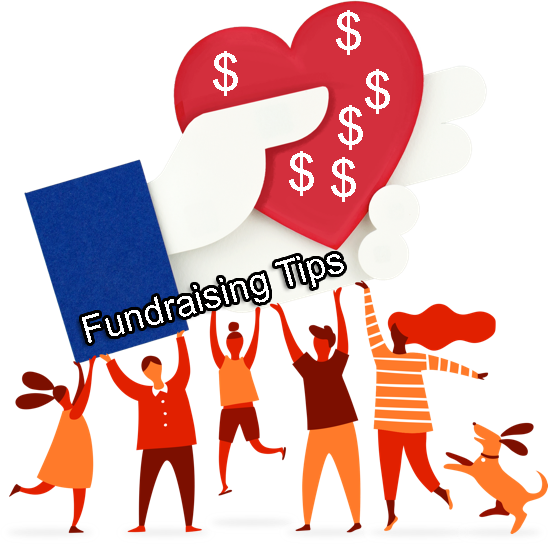After Hurricane Michael, people are eager to help, and one such way is becoming more popular, Facebook Fundraiser, or Gofundme.com
Here are some tips and suggestions to avoid pitfalls when collecting money, or donating.
Income Taxes on Donations Received
The IRS doesn’t tax beneficiaries on the money received through fundraisers. If you are raising the funds for someone else, you’ll want to keep the money in a separate bank account to avoid any discrepancies with the IRS. If you do not keep the funds separate, the IRS may question where the money in your account came from, especially if you get audited. As a precaution, maintain records of all fundraising deposits, purchases and distribution to show what happened to the of the funds.
Although there are no taxes on donations received, there are taxes on any money you receive for raising it. If, for example, an organization pays you $200 to man a fundraising booth for them at a local fair, you must report it to the IRS as earned income. You may deduct any legitimate expenses associated with the fundraising. however.
Although the money you receive from the fundraiser isn’t taxable, you could still owe taxes, depending how you held the funds. People who work on the fundraising campaign may even face tax consequences
The development of websites like GoFundMe,facebook fundraiser and Causes has created a surge in crowdfunding. These sites allow users to create a fundraising campaign and then easily share it through social media platforms. This has increased the number of people raising charitable funds, but it’s also led more people to wonder about the potential tax liability involved.
Like donations made offline, those made online through crowdfunding platforms are still considered to be nontaxable gifts. The recipient need not pay tax on the money, but the giver needs to report contributions in excess of $15,000
If you’re raising money for a recognized 501(c)(3) nonprofit organization or an established church, the donors may qualify for a tax deduction. However, donors aren’t necessarily able to deduct the full amount given. The price a donor pays for food, wrapping paper, magazines or even a car wash is not fully deductible. Donors can only deduct the difference between the purchase price and fair market value. For instance, purchasing a $12 roll of wrapping paper that carries an $8 price tag in the store entitles the donor to a $4 deduction.
Before you share your page and begin to collect donations, you want to be sure that the campaign you have is strong, informational, educational, and relatable. Include a very thorough description and tell people exactly where their donations would be going. To achieve this, post answers to the following questions:
- What is it?
- Who is it for?
- What will be accomplished?
- Where is it?
- Why are you doing it?
As a donor, be sure of the following:
After an individual makes a donation, they will receive a receipt of their donation, and it will be sent to the primary email address that is associated with their Facebook account. The receipt SHOULD include the following information:- Organization’s name
- Logo
- Mission statement and EIN
- Confirmation of a charitable donation
 Local 501c3
https://www.pawsitivelovefoundation.org/
https://preservingsouthwalton.org/
https://www.cajunnavyrelief.com/
http://beachcareservices.org/page.php?7
https://www.alaqua.org/
Sending money direct person to person is also an option. Paypal, Zello or even Facebook messenger is built in. And of course, Western Union has online options now. Beware of fees there and elsewhere in any transactions.
Local 501c3
https://www.pawsitivelovefoundation.org/
https://preservingsouthwalton.org/
https://www.cajunnavyrelief.com/
http://beachcareservices.org/page.php?7
https://www.alaqua.org/
Sending money direct person to person is also an option. Paypal, Zello or even Facebook messenger is built in. And of course, Western Union has online options now. Beware of fees there and elsewhere in any transactions.

 Some content courtesy of Fundraiser Insight.
Some content courtesy of Fundraiser Insight.